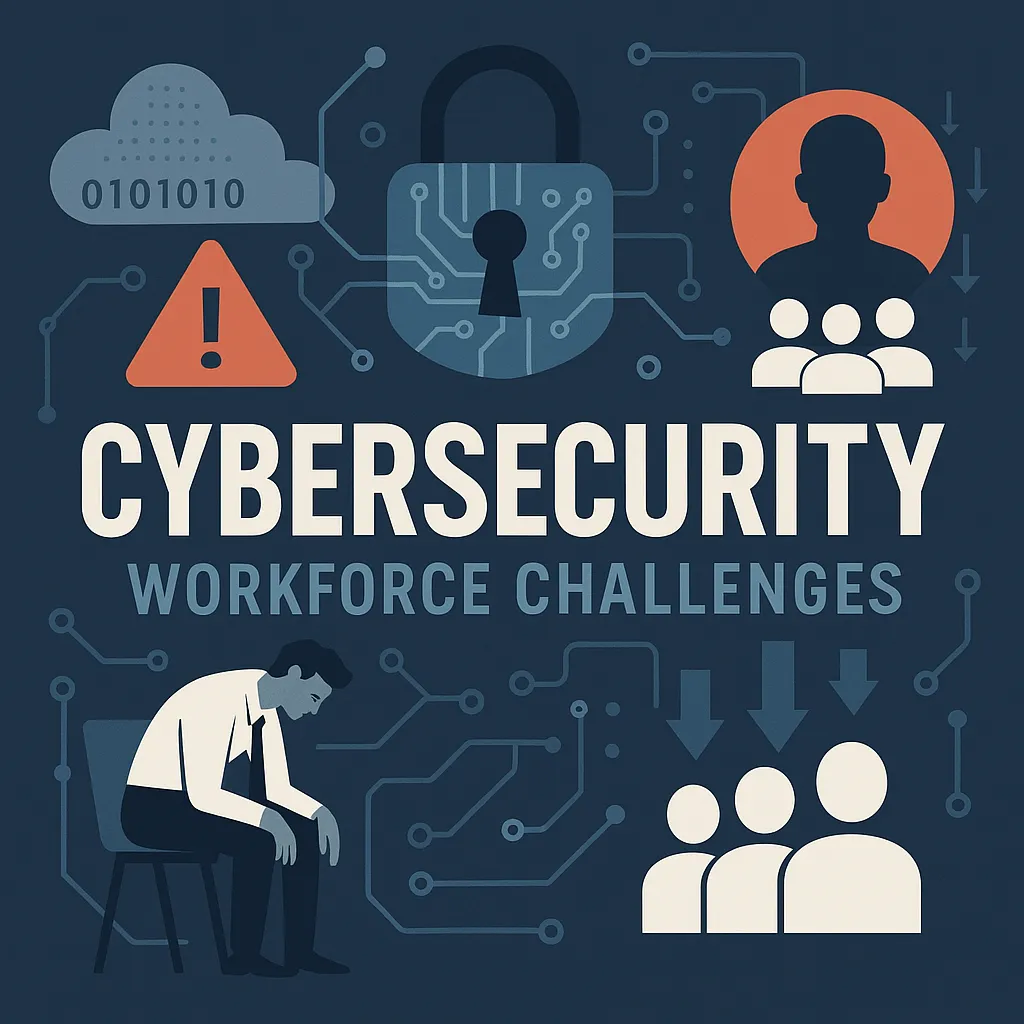The Untapped Potential of Diversity in Cybersecurity
In an era where cyber threats continually evolve and become more sophisticated, the need for a diverse cybersecurity workforce is more urgent than ever. Diversity in cybersecurity isn't just about social responsibility; it's a strategic imperative that can determine the success or failure of our digital defenses.
The Current State of Diversity in Cybersecurity
Despite significant advances in technology and advocacy for diversity, the cybersecurity field remains predominantly male and lacks racial diversity. According to a report by ISACA, minorities comprise only 26 percent of the cybersecurity workforce (ISACA, 2021).
This underrepresentation is not just a demographic issue but also a business one. Diverse teams are known to produce better results, possess a wider range of skills, and deliver enhanced creative problem-solving abilities that are crucial in fighting cybercrimes.
Why Does Diversity Matter in Cybersecurity?
The rationale for diversity in cybersecurity goes beyond filling quotas or improving company image. It is about harnessing a wide range of experiences, perspectives, and backgrounds to build more resilient and adaptive security strategies.
Organizations like CyberDegrees.org highlight that diverse teams in IT are less likely to have blind spots in their strategies and can anticipate and mitigate a broader array of threats (CyberDegrees.org).
Legislative and Policy Efforts
Recognizing the importance of diversity, legislation such as the Diverse Cybersecurity Workforce Act introduced by Brown and Stevens aims to address this gap by requiring the Cybersecurity and Infrastructure Security Agency (CISA) to expand its outreach and education efforts to promote careers in cybersecurity to a diverse audience (U.S. Congress).
Benefits of a Diverse Cybersecurity Team
Diverse teams enhance the cyber resilience of organizations by introducing varied viewpoints, which can challenge conventional thinking and lead to innovative breakthroughs. A paper published by the Center for Cybersecurity Policy underscores that deploying diverse teams can lead to stronger security outcomes by expanding the pool of talent and ideas (Center for Cybersecurity Policy).
Challenges to Achieving Diversity
The road to a more diverse cybersecurity workforce is fraught with challenges including unconscious bias in hiring practices, cultural barriers within tech companies, and a lack of visibility for role models. Tackling these issues requires concerted efforts at all levels of education and corporate governance.
Conclusion
As digital threats continue to grow, diversifying the cybersecurity workforce isn't just an option—it's a necessity. The journey towards a more diverse workforce should start now, and it requires the commitment of educational institutions, businesses, and policymakers. With concerted effort, we can enhance not only the inclusivity but also the efficiency and creativity of our cybersecurity defenses.
